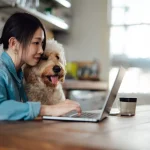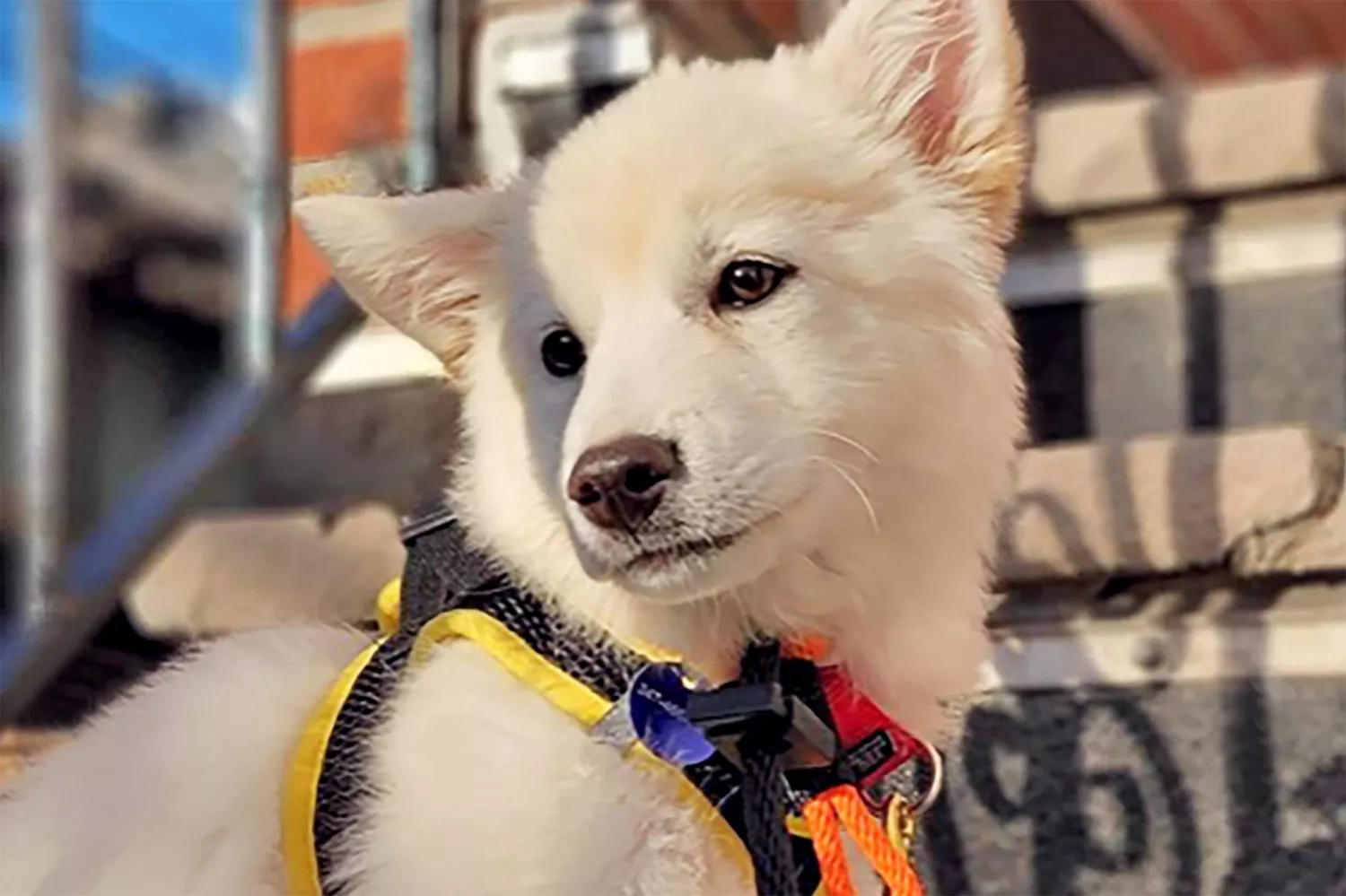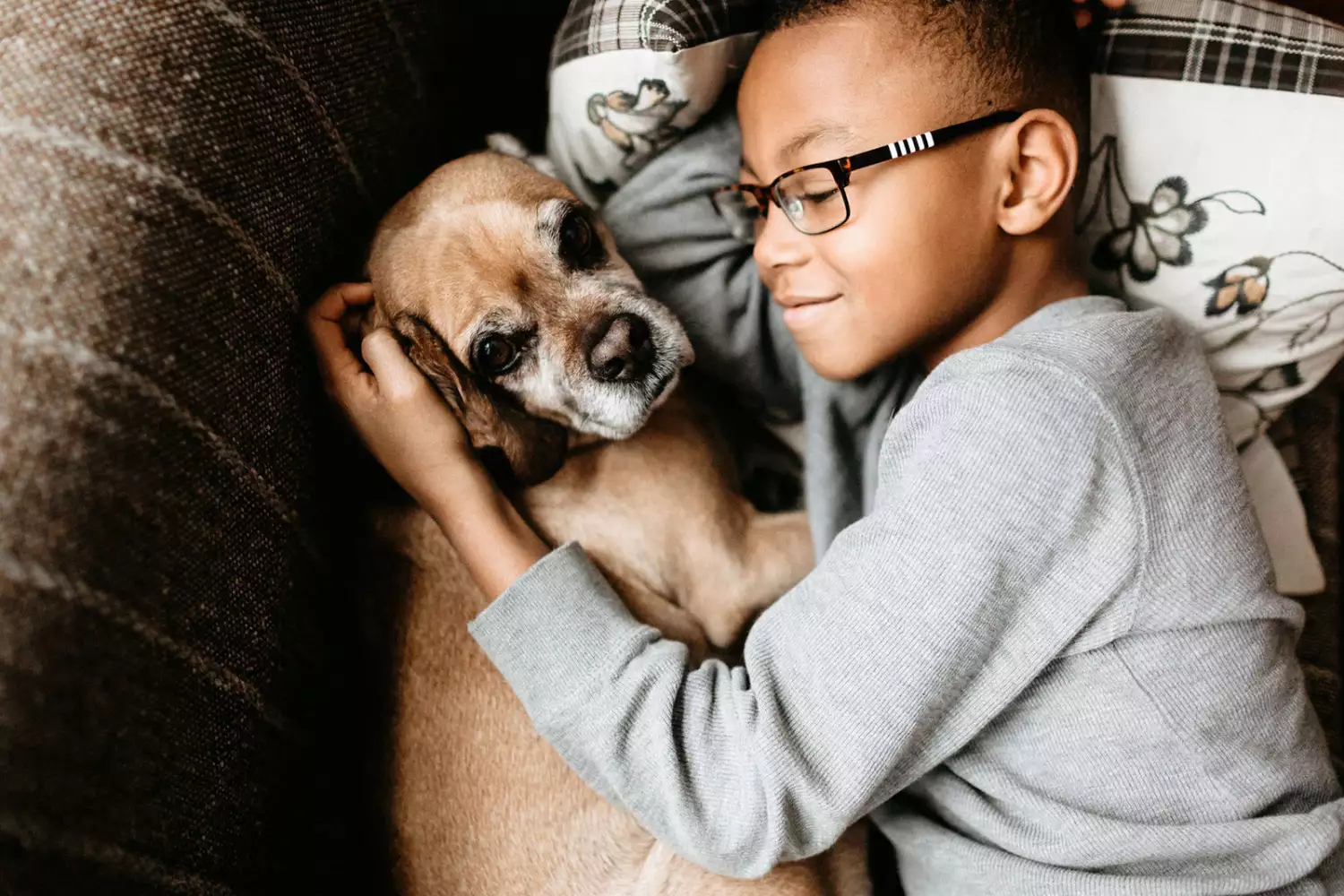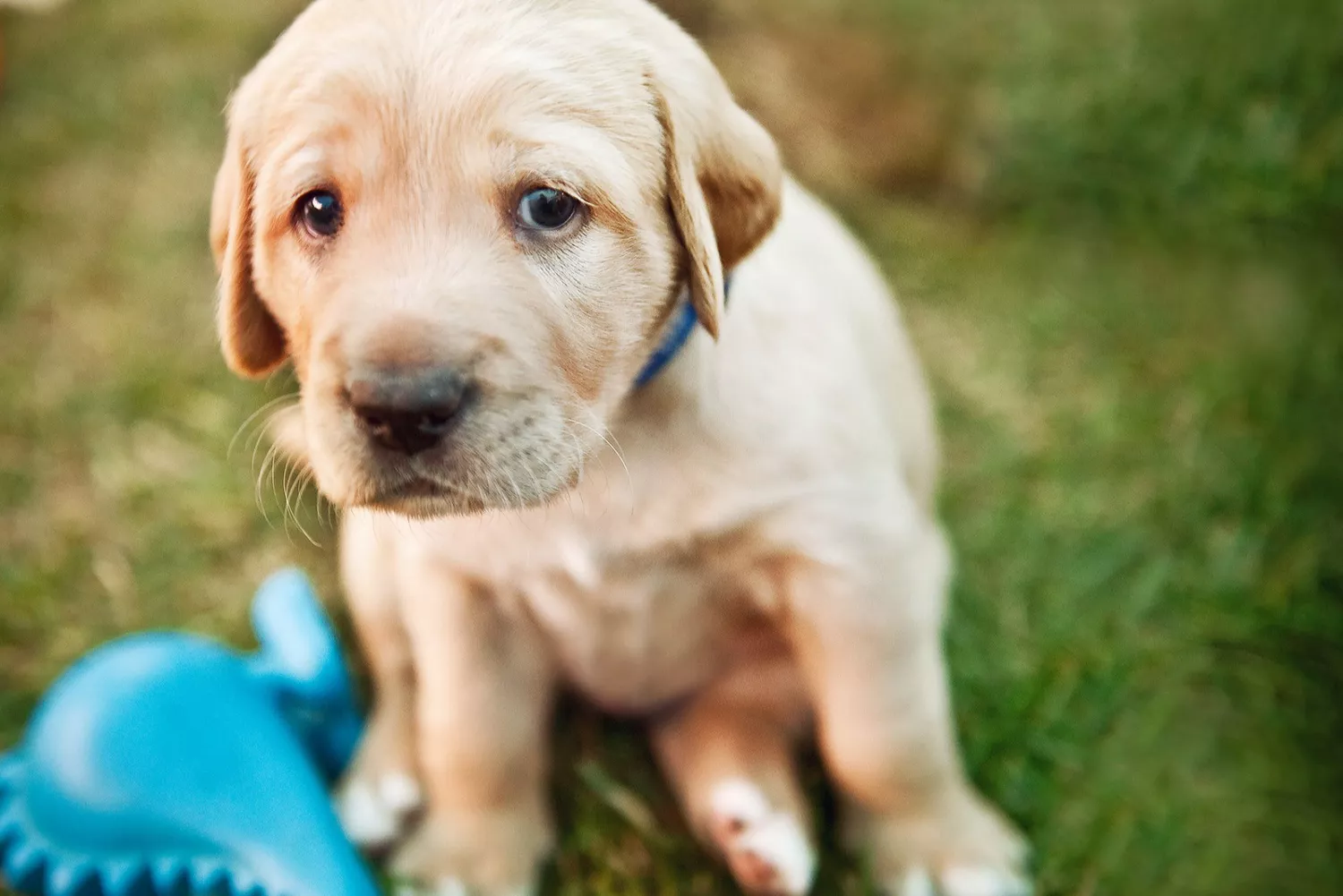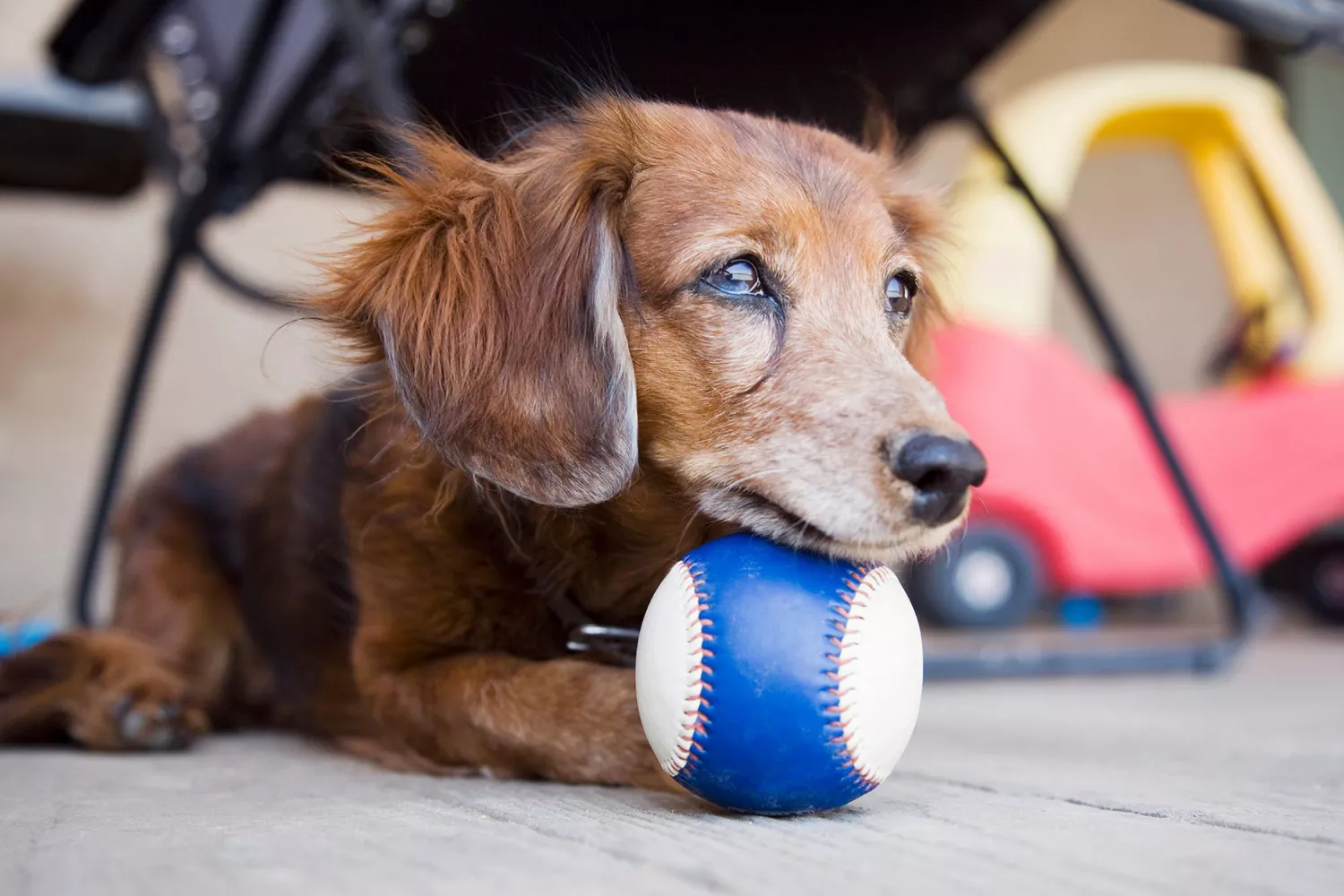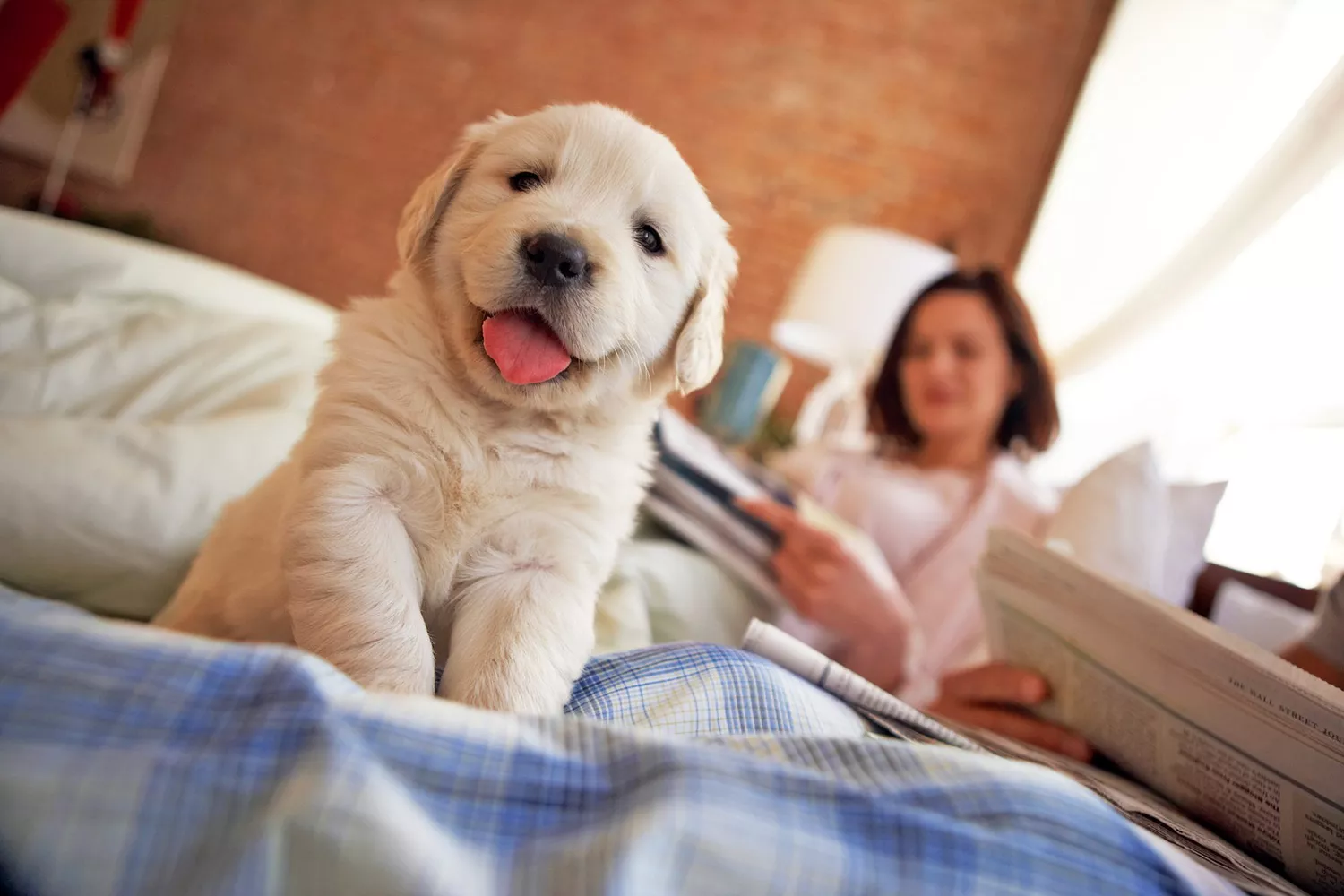
Bringing house a brand-new young puppy is exciting … and a bit difficult. There are a great deal of things to think about, including where the pup will sleep, what they must eat, when to begin training, and how to get them to go potty outside. But of all the important things you must prepare to do when you include a new canine buddy to your household, establishing a routine schedule is among the most crucial.
They require to feel confident in knowing when things will take place, like when they will get fed, when they will go outside and get workout, or when it’s simply time for play and fun. It can seem overwhelming to think about creating a reliable schedule for a brand-new puppy when you might already have a hard time with your own, but luckily it’s easy to do with this easy guide.
Starting a Schedule for Your Puppy
Things. Consider your own schedule. When do you consume breakfast? What time do you leave for work in the early morning? When do you get home and consume dinner? Your brand-new young puppy’s schedule must mirror your own. Feed them when you consume, have fun with them when you get home from work, and give them exercise when you are probably to do it yourself. Keep in mind; it may not feel like the end of the world for you when you miss out on a day of physical fitness or invest too much time on your laptop computer, however it will feel horrible for your pup. Pups can not go a day without play sessions or rollicks around the neighborhood. For your brand-new canine, an everyday schedule actually does suggest every.single.day.
If you find it practical to have a calendar on your fridge that notes your week’s essential activities, make one for your puppy too. You will have to make changes in your own routine to accommodate the requirements of your new furry member of the family, but when you correspond and intentional about it the routine will fall into place easily for the both of you.
The sooner you carry out a schedule and regimen for your pup the better, as this consistency will help your puppy get used to their brand-new life with you.
5 Puppy Daily Routine Elements to Consider
1. Feeding
While young puppies grow they eat … a lot … and the quantity they consume will change as they age. Many pups under the age of 5– 6 months require to be fed three meals a day. To make it simple, feed them at the same time you consume breakfast, lunch, and dinner. Don’t forget to use lots of tidy, fresh water at mealtimes and throughout the day too.
2. Pottying
Depending upon their age, puppies need to potty every 1– 4 hours, with more youthful pups requiring to go frequently.
To aid with potty training, puppies ought to have consistent times throughout the day that are reserved simply for going outside. And always keep in mind to let your puppy outside the moment you let them out of the cage!
These are the 5 crucial times in their day when a pet need to be let outside to potty:
After resting/sleeping
After play sessions
After eating and drinking
Before going to sleep or in the crate
Before and after training sessions
Puppies do not always totally remove each time they go. If your puppy didn’t pee when you let him out because he was too busy chasing his buddy or attempting to consume the leaves off your bush, then you will discover (much to your chagrin, I bet) he requires to go as quickly as you let him inside.
3. Enrichment and Playtime
Making certain you supply your pup sufficient enrichment is vital to their healthy development. Puppies that are denied substantial play and enrichment are most likely to have anxiety, to be afraid and lack confidence, to be socially underdeveloped, and to have behavioral concerns in teenage years.
Plan out times throughout your day where your pup gets your undistracted attention. Spend time prior to you leave for work having fun with toys or doing some fundamental training; this will assist reduce them into your departure. Overlook some fantastic interactive toys or puzzles for them while you are gone to remove monotony. The minute you get back every day, go outdoors and play pull or toss their preferred ball. After supper take them for a good walk and explore your neighborhood.
Play times are great moments that your pup desperately requires, but they ought to never ever be extremely long or adurouse. Think concise: Your 3-month-old pup can not manage more than 15– 20 minutes of significant activity at any given time (in spite of what it might appear) or else they will experience overarousal and overstimulation. Make certain that any time your pup takes part in mental and physical stimulation that they have the opportunity to rest undisturbed later on (and get a potty break!).
4. Socialization and Learning Time
Of all the things a puppy really requires to turn into a happy adult, socializing is most likely number one. Socialization is the best method to avoid behavior issues later and it is the important things canine owners tend to ignore (prevent that common error!).
Canine socializing does not mean just taking your pet to the dog park or going to a couple of young puppy classes. Pet dog owners should be especially sure they are never flooding their new pup with frustrating stimulation, as that will just lead to problems later on. Socialization is a methodical procedure in which you slowly and attentively expose your young puppy to the world around them, constantly at their own pace and always in a positive and safe manner. Comprehending how your pet dog discovers (Surprise! They discover similar to you!) is a must, too.
Each day ought to have plenty of socialization chances that can include teaching them fundamental skills with favorable support and going to puppy training classes, investigating the environment around them, taking trips to the vet, going on walks on leash, messing around other pet dogs and brand-new people, and experiencing the sights and sounds of daily life with you. Again, concise is the key.
5. Rest
At times, it will feel as if your new young puppy will never sleep, and after that suddenly they’ll seem to do absolutely nothing but sleep. As their body grows and changes so does their sleep schedule. Do not presume that your high-energy young puppy doesn’t require a nap either! Puppies that do not rest are more likely to develop into little discontented sharks (your hand will learn this rapidly with each nip), so always make certain to listen to their body movement and end play time prior to it’s simply excessive.
Intend on peaceful times when your puppy can rest without distractions from anyone else in the house. Arranged brief naps in their crate or kennel is an excellent way to get crate training began on the ideal paw, guaranteeing that it becomes a cherished safe space, too.
When it comes to bedtimes, you might find your pup will quickly follow your lead and go to sleep when you do. Just remember to constantly let them potty once again right prior to you both close your eyes for the night.
It will take a couple of weeks or more for you pup to get used to things and start to feel comfortable. The quicker you execute a schedule and stay with a day-to-day regimen the quicker your pup will adjust to his life with you.

